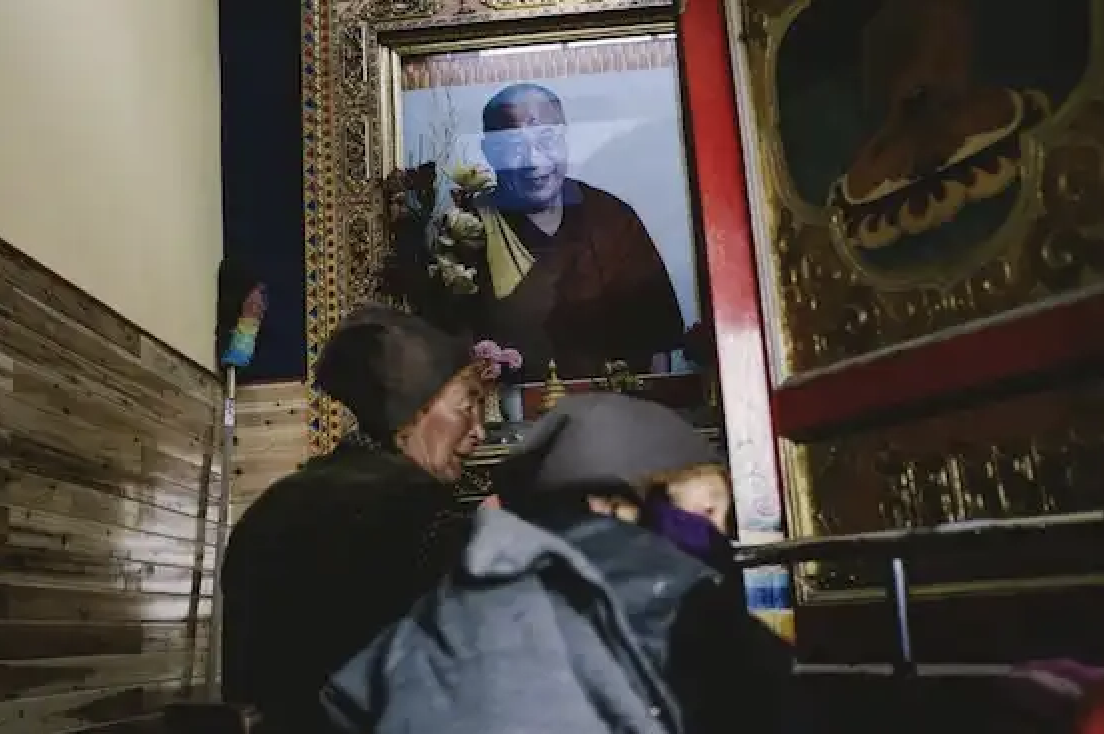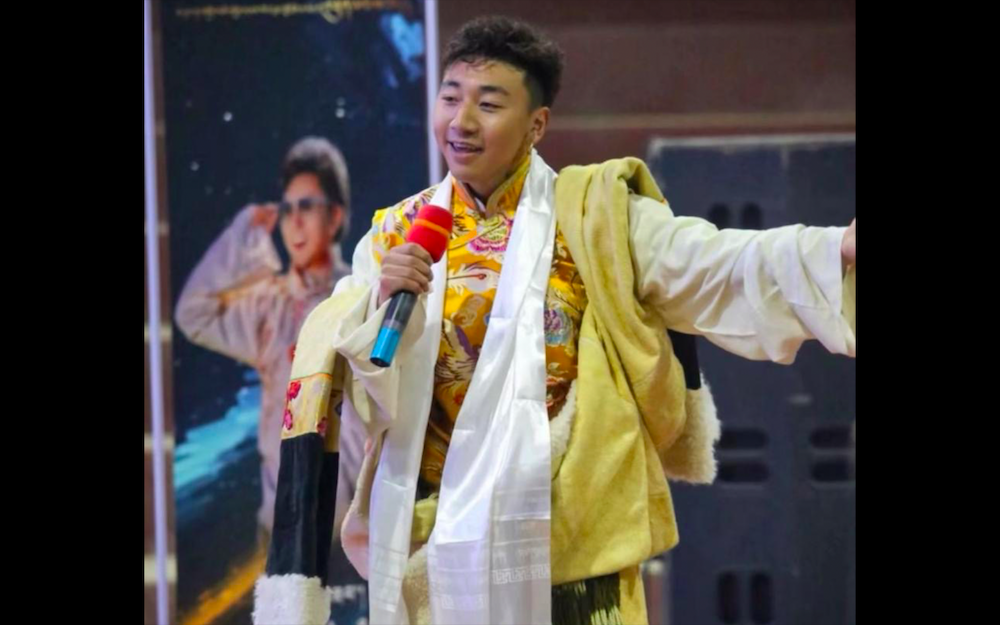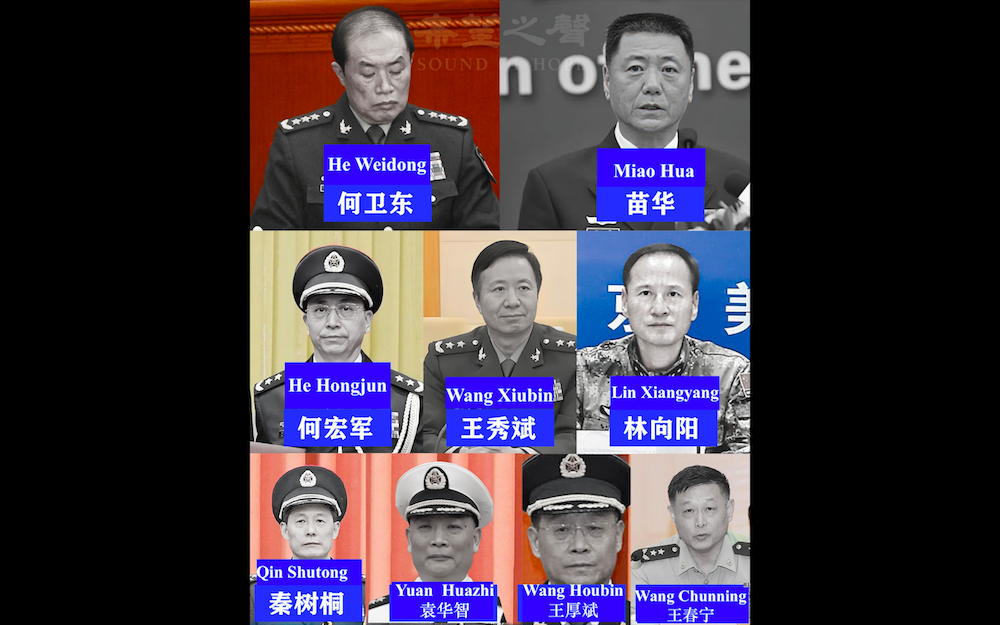By Celia Hatton
BEIJING – China has reacted angrily to criticism of its human rights record from the United States, warning that it could affect Sino-U.S. ties. The annual State Department report stated that China was “backsliding” on its human rights obligations, with arrests of democracy activists and Internet essayists, repression of the Falun Gong spiritual movement and a continuing crackdown on Muslim Uighurs.
 Chinese authorities have reprimanded the United States for what it calls “double standards” on human rights, after the State Department accused China of “backsliding on key human rights issues.”
Chinese authorities have reprimanded the United States for what it calls “double standards” on human rights, after the State Department accused China of “backsliding on key human rights issues.”
The State Department report on human rights in 2003 recognized China’s “incremental but unprecedented progress” on human rights in 2002, but said the situation had deteriorated last year.
The report alleges that Chinese authorities had arrested several political dissidents who had posted pro-democracy views on the Internet. The report also says prisoners in Tibet have been subjected to torture and arbitrary arrest, and executed without due process. Hundreds of thousands of Falun Gong practitioners have also been arrested, sent to labor camps, and subjected to torture for practicing their traditional exercise and meditation exercises. An unknown number, estimated by some to be in the thousands, have been executed for their practice.
Falun Gong practitioner Liu Chengjun recently died in a Chinese prison after 21 months of torture and abuse. He was imprisoned for broadcasting a news program that exposed the Chinese government’s ongoing persecution of Falun Gong. He was one of more than 5000 Falun gong practitioners arrested in connection with the broadcast.
China jailed Phuntsog Nyidron, a 37-year-old Tibetan nun, in 1989, and extended her sentence by eight years in 1993, after she and a group of fellow prisoners smuggled a tape of religious songs out of prison. Ms. Phuntsong was kept in jail for 15 years before finally being released. She and several other nuns were arretsed after they staged a peaceful demonstration to support their exiled spiritual leader, the Dalai Lama.
Si-si Liu, with the Hong Kong office of the group Amnesty International, says her organization has tracked a crackdown on cyber dissidents in China.
“We have actually documented a 60 percent rise in the cases in 2003 than in the previous year,” she said.
Ms. Liu says 54 people were detained or imprisoned in 2003 for posting politically sensitive information on the Internet.
Chinese officials responded strongly to the report, saying the United States should not interfere in China’s internal affairs. Foreign Ministry spokeswoman Zhang Qiyue spoke about the report.
Ms. Zhang says the United States had released an unfounded report on human rights. She went on to remark that “China hopes the United States can treat its progress and achievements on human rights objectively and correctly, and correct its mistaken submission of such reports.”
The Chinese government has long maintained that the protection of individual rights is not as important as the general well being of Chinese society.
The administration of President Bush has warned that it may sponsor a resolution against China in the United Nations Human Rights Commission.
The State Department report also mentioned several other countries for alleged human rights abuses, including North Korea, Russia and Indonesia. However, the criticism of China is notable because Sino-U.S. ties have improved in recent years. China is playing a key role in negotiating an end to North Korea’s nuclear weapons program, and this week, a U.S. delegation is attending six-party talks in Beijing on the dispute.









